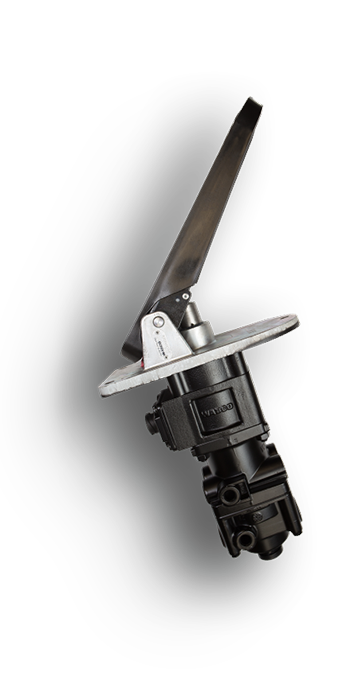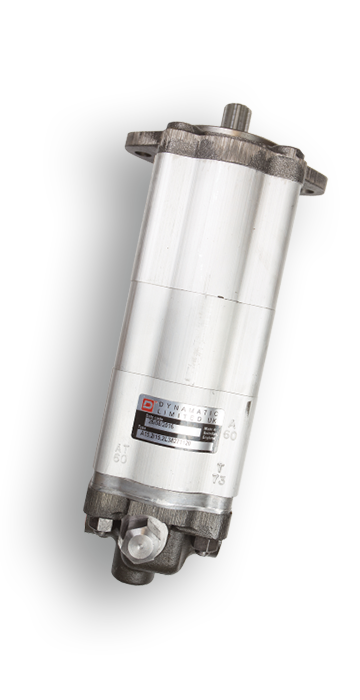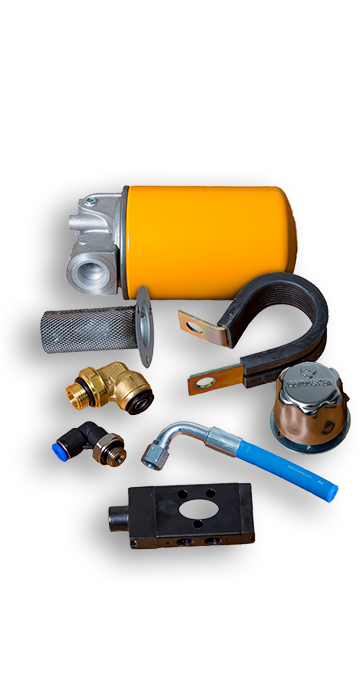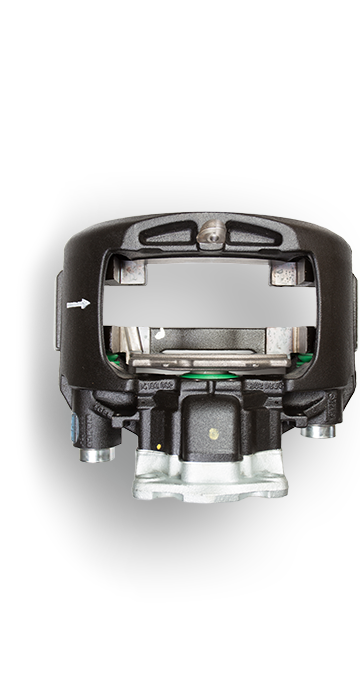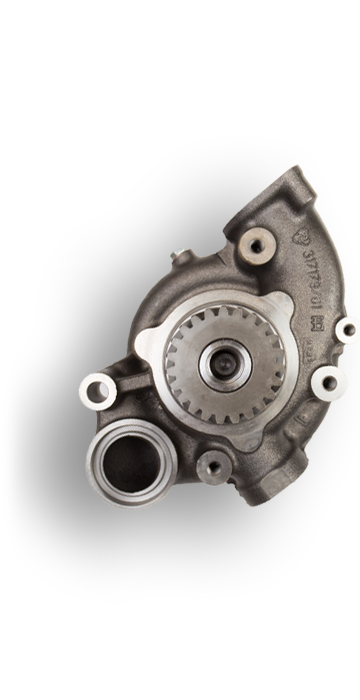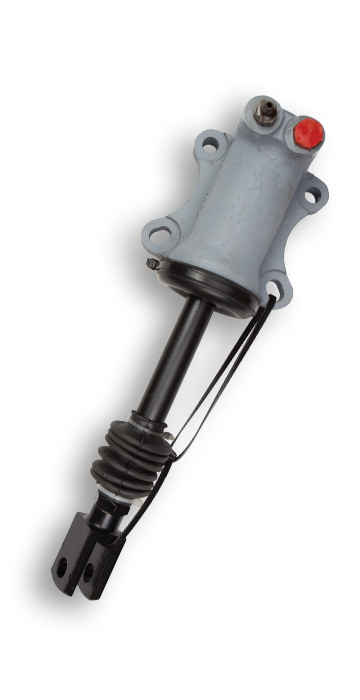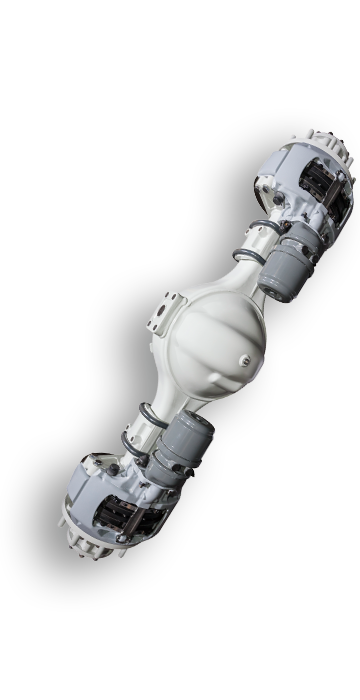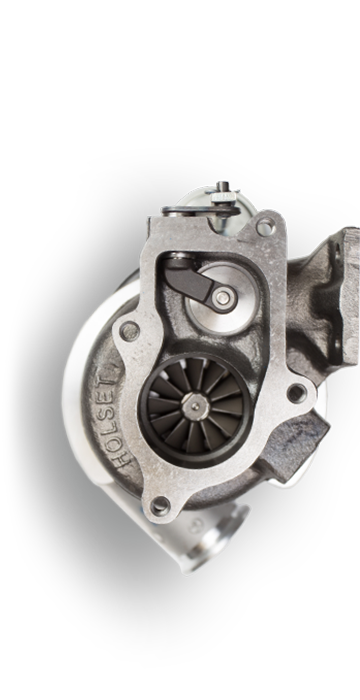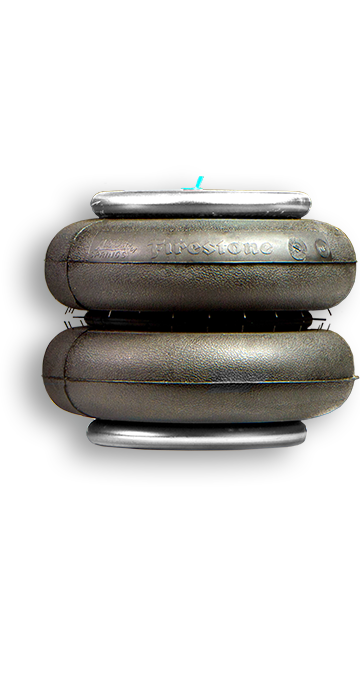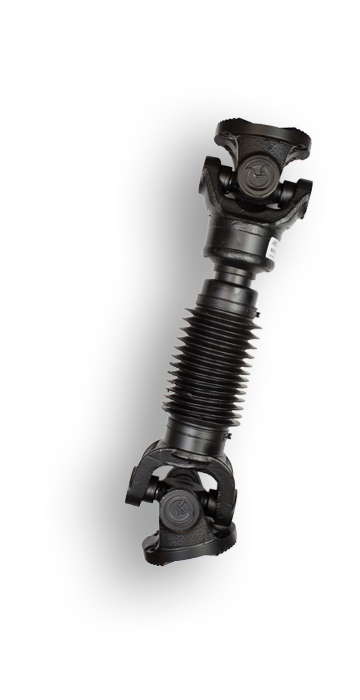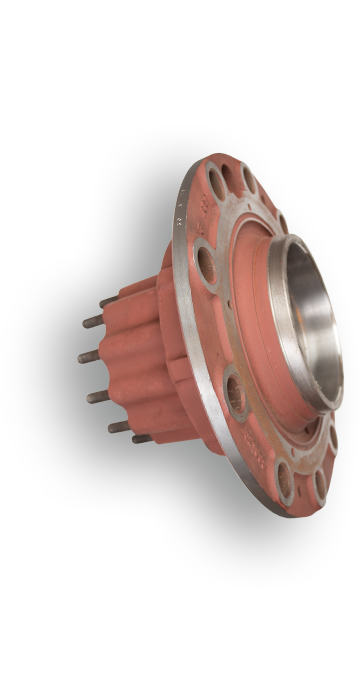As the winter season gets underway, PSV engineers and technicians will be prepared for the maintenance challenges of cold, wet weather. This year has seen significant rainfall, with record-breaking rain in some areas, causing debris to be washed onto roads. Whilst buses are intentionally designed to sit low to the ground to ensure accessibility, this also makes under chassis systems and the braking system in particular, susceptible to problems caused by the ingress of water and dirt.
Regardless of powertrain: diesel, hybrid or electric, all of today’s buses are equipped with an electronic braking system (EBS), which combines anti-lock braking (ABS) and traction control into a single system, that utilises compressed air as the energy source to power the foundation brake assembly on each wheel. These comprise of a brake disc (rotor), brake pads (friction material) and caliper, as well as a wheel speed sensor to relay information to the EBS control unit.
As a leading OEM parts distributor serving bus and coach fleets throughout the UK, Harlow-based Imperial Engineering has seen growth in demand for replacement brake system components. This is despite the fact that specific parts, such as calipers, are expected to last the typical vehicle service life when properly inspected and maintained in accordance with the original equipment manufacturer’s recommendations. Maintaining service life also requires that under chassis inspections take place regularly and the braking and compressed air systems are well maintained. Aware that premature failures are causing operators unnecessary expenditure, Imperial Engineering has investigated brake system component failure in detail and has found a number of potential brake system problem areas. The company’s recommendation is that these are checked and rectified during vehicle inspection and maintenance, so that components are more likely to reach their intended service life.
Compressed air system
Engine-driven and now increasingly, standalone electrically powered e-compressors on hybrid and electric buses, provide the air supply for the braking system. Compressors require regular oil and filter changes in line with manufacturer guidance and each vehicle’s duty cycle, in order to maximise the safe service life of the system. Contributors to early compressor failure include excessive oil carry-over, which results in contamination of other braking components.
Imperial Engineering recommends that operators inspect and service compressors in accordance with OEM recommendations to safeguard against this issue, taking the duty cycle of the vehicle into consideration. By ensuring the optimum maintenance frequency, including regular compressor oil, filter and air dryer cartridge changes, operators can prolong service life and the intended running cost of the vehicle. The parts distributor offers a range of upgrades and replacement assemblies for OEM compressors, alongside service kits that make servicing more straightforward and cost-effective. Imperial Engineering also offers a range of synthetic compressor oils for a range of applications in convenient single litre containers.
Braking system seals
Seals in the braking system are critical components found in the brake calipers, which are intended to prevent moisture and dirt ingress into the caliper assembly during service. Missing caliper sealing caps and adjuster caps will enable water and dirt to get into the assembly, causing the internal components to rust and seize.
Frequently caused by heat damage or road debris, tears and splits in a caliper’s protective ‘boot’ can also be easily overlooked. Over time, a damaged caliper boot will allow contamination and moisture to enter the disc brake’s internal mechanism, causing premature failure. Fitting a replacement boot, offers an efficient and cost-effective solution.
Wheel speed sensors
Essential for the operation of the EBS control unit, wheel speed (ABS) sensors are susceptible to corrosion that weakens the sensor’s signal strength. Particles of metallic road debris attaching to the sensor’s magnetic encoder ring and faults in the wiring between the sensor and EBS unit are also potential issues. Sensor failure is typically highlighted via an instrument cluster warning light and will also result in a fault code during a diagnostic test.
Fault diagnosis
To help technicians diagnose and repair faults, Imperial Engineering provides a range of diagnostic tools and software to suit all operators according to their fleet and vehicle systems. Overall, potential brake system problems can be avoided by providing PSV engineers and technicians with training on the correct methods of disc brake system inspection, fault diagnosis and maintenance. Imperial Engineering has a wealth of bus brake system knowledge and is pleased to support operators with technical advice and guidance.

